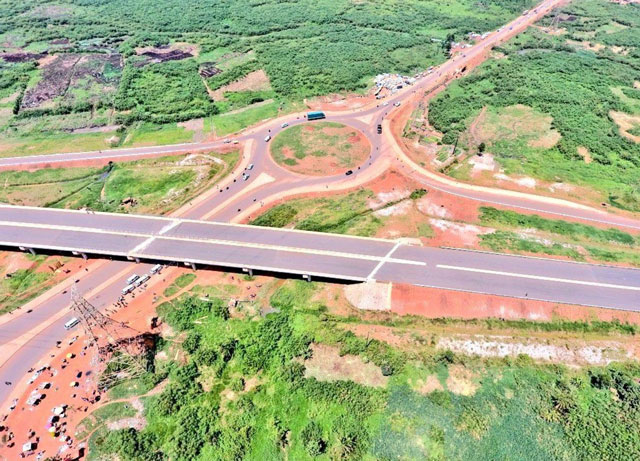
Kampala, Uganda | THE INDEPENDENT | Non-traditional donors, especially China are negotiating with government for funding informally and less transparently, leaving room for manoeuvring and corruption, a research paper has said.
The paper, published by the Southern Voice, a network of think tanks from Africa, Asia and Latin America, says this can be seen from the continuation of State House to use informal structures while negotiating with donors.
Titled The Political Economy of Development Effectiveness in Uganda, 2019 the paper is written by researchers Dr Ibrahim Kasirye and Job Lakal, both based at the Economic Policy Research Centre at Makerere University.
Traditionally, the paper says, Uganda got its funding from The Organisation for Economic Co-operation and Development (OECD), the rich countries from the west like those in the European Union. They supported budget and demanded for accountability.
This has significantly dropped as the countries disagree with government on issues like punishing the corrupt, human rights and the mode of development.
The paper says the government in power now concentrates on building physical infrastructure, like roads, to secure quick wins in elections. The traditional donors want to see social development. China is indifferent, they argue.
The researchers who looked at the data from 2000 to 2018 show that whenever a corruption scandal or human rights abuse happened in Uganda, the traditional donors cut budget support – the case in point being after the 2006 elections where opposition politicians were battered.
Also, after 2012 when a scandal in Office of the Prime Minister showed that billions of shillings had been swindled by staff.
The paper says that the increasing focus on domestic resource mobilisation is linked to the government of Uganda’s acknowledgement of traditional donors’ unwillingness to support its current major development priority, productive infrastructure.
This means that the country has had to look both inward and to China for other ways of financing such infrastructure, the researchers say.
Total grants and loans to Uganda was 4.8% of the GDP in the financial year 2015-2016 compared to 10.3% in the financial year 2004-2005, a fall that shows the west moving away from supporting Uganda’s budget.
On the other hand, China’s total spending on road and energy infrastructure in Uganda from 2006 to 2010 was $149 million.
From 2011 to 2016, China’s total spending in Uganda on the same was over $1 billion. This has also seen Uganda’s debt skyrocket to 38% of GDP in 2017. Interest payments on these debts now take the biggest chunk of the budget at 10%.
*****
URN
 The Independent Uganda: You get the Truth we Pay the Price
The Independent Uganda: You get the Truth we Pay the Price



